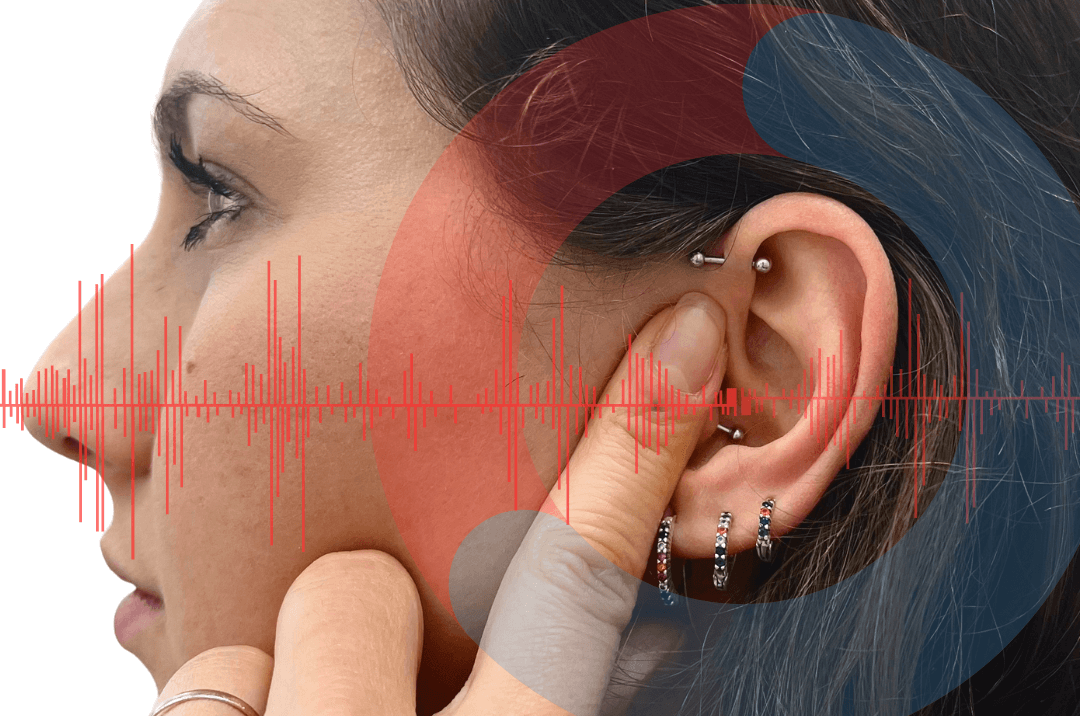
What Is Diplacusis?
Diplacusis is a rare hearing disorder in which a single sound is perceived differently by each ear. Instead of hearing
We’ve spoken here before about the fact that you could suffer with hearing loss that is either temporary or permanent. Similarly, it can happen gradually or suddenly and in one or both of your ears. No matter how you first experienced the hearing loss, it is really important that you go and get your hearing checked as soon as possible. Any changes to your hearing can be distressing and confusing so the quicker it is sorted, the better for you.
The symptoms of hearing loss can vary widely but a few general signs you may experience could be:
As we stated above, it’s so important as soon as you notice any changes in your hearing to seek advice from a hearing healthcare professional.
As with symptoms, there are so many different causes to hearing loss; some of which cause permanent hearing loss and some, only temporary. In cases of a gradual hearing loss, it is likely that people you spend a lot of time with may notice before you do. When you do begin to notice that something is not quite right, you should keep some notes of times you struggled with your hearing and you can discuss them with your Audiologist. A few of the most common causes of hearing loss could be:
Unfortunately, as we get older, a lot of us will experience hearing loss and this will be a permanent loss. This is usually in both ears and often comes on gradually.
Ear infections are very common, particularly in children. Sometimes these infections will clear up by themselves within a few days, however if your infection is no better in 3 days, you should think about going to visit your GP. Ear infections can cause a change to your hearing but this is only temporary and your hearing should return to normal once your infection has cleared up. If you leave an ear infection untreated for a long period of time, it may get worse and worse and end up leading to a permanent hearing loss.
If you work in a very noisy place, such as in a factory or on a building site, you may experience temporary hearing loss. In situations such as this, we always advise that you wear ear protection. Listening to loud music can have the same effect and you should limit the amount of time you spend listening to such loud music; most smartphones have the ability to monitor your sound levels and will recommend turning to a safe volume level. Generally noise induced hearing loss is temporary and your hearing will return to normal, however, if you are regularly exposed to such loud noise, your hearing could end up being permanently damaged.
Your body naturally produces earwax but sometimes too much can get built up and creates a blockage in your ear. This can cause a temporary hearing loss and you can seek the help of a hearing healthcare professional who can remove the wax for you. This will return your hearing to normal.
A traumatic brain injury or concussion can cause hearing loss. You may also experience dizziness, ringing in the ears and vertigo. It will depend on the severity of your injury as to whether the damage to your hearing is temporary or permanent.
This kind of medicine may have an effect on the ear or its nerve supply. It is used in some malaria treatments, chemotherapy, asprin, loop diuretics and some erectile dysfunction medications. This kind of hearing loss will usually only be temporary.
If you believe you are suffering from any form of hearing loss, please do ensure you contact a hearing healthcare professional or your GP. If you would like any further advice, we would be happy to help!
[html_block id=”3745″]

Diplacusis is a rare hearing disorder in which a single sound is perceived differently by each ear. Instead of hearing

Whether you have children in your life or not, we’re willing to bet you’ve heard of Peppa Pig and her

Tinnitus is the perception of sound when there is no external source. It is commonly described as a ringing in